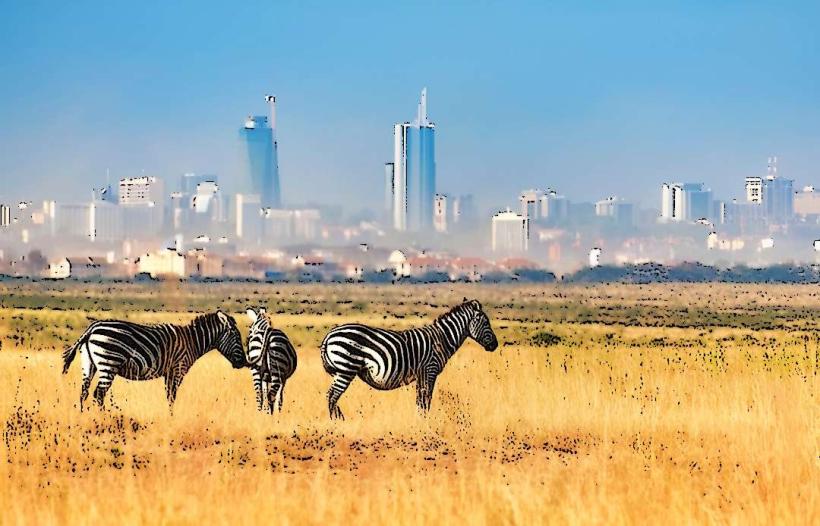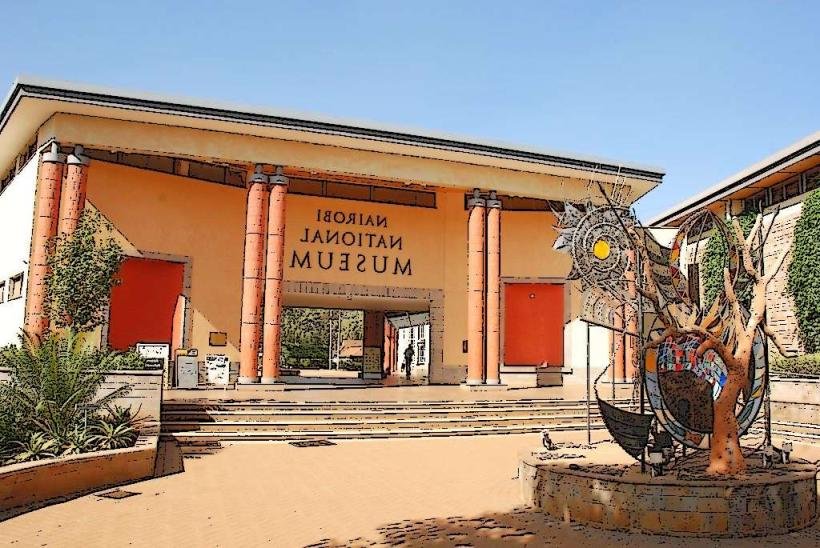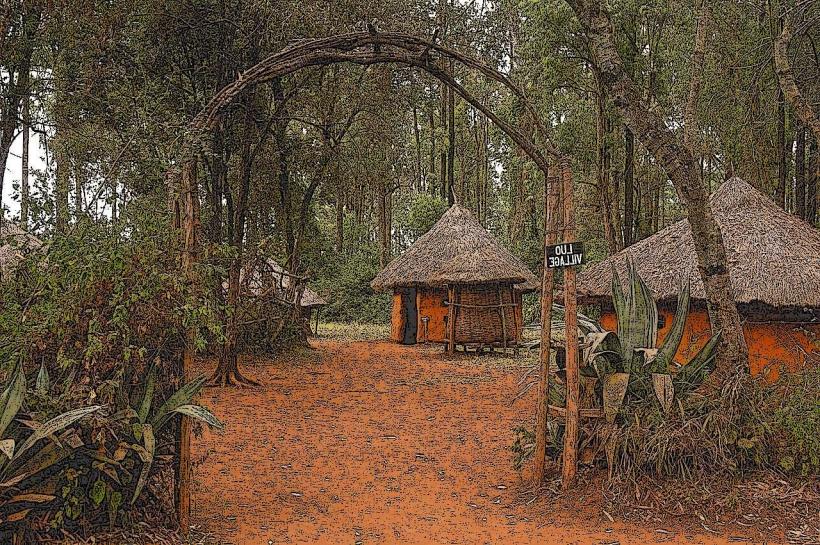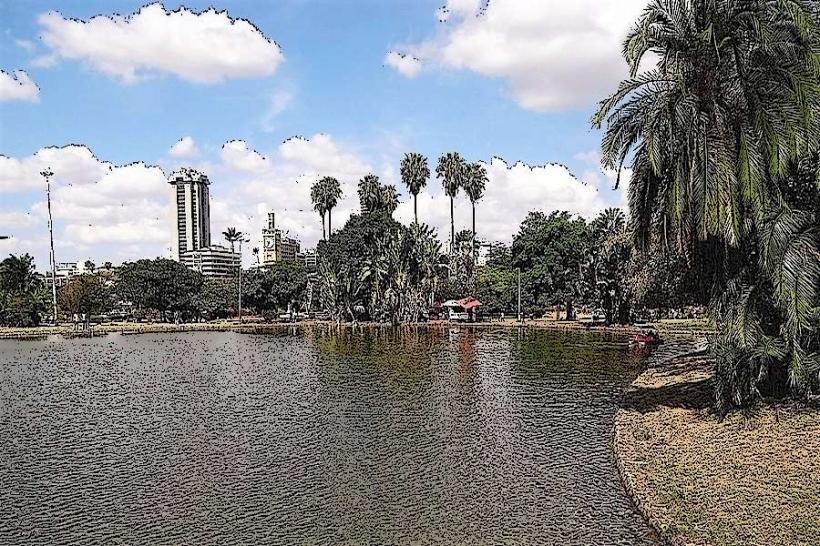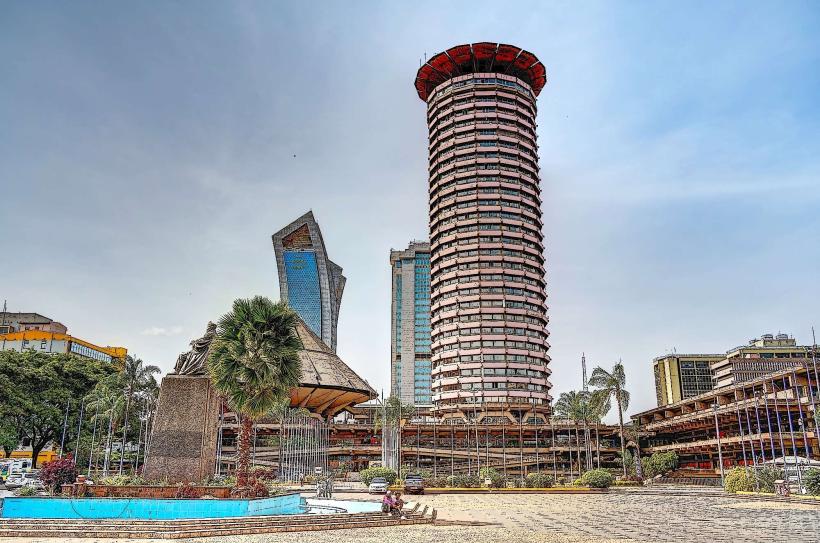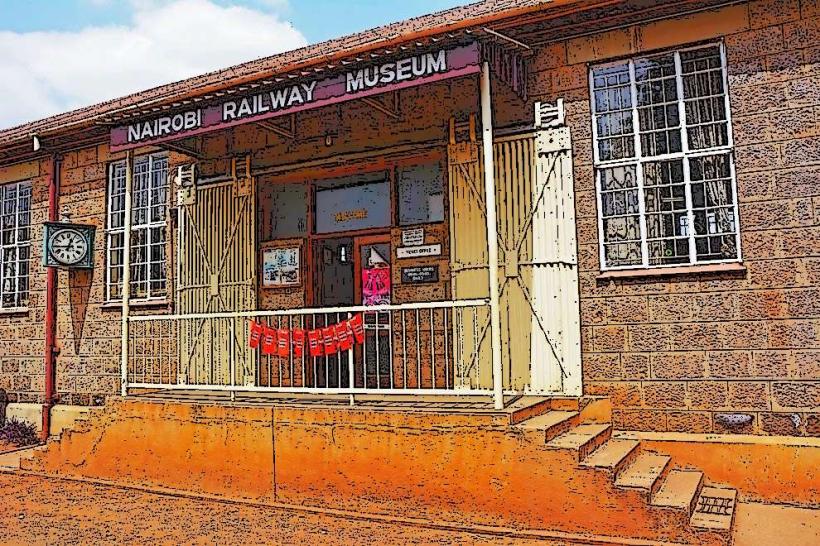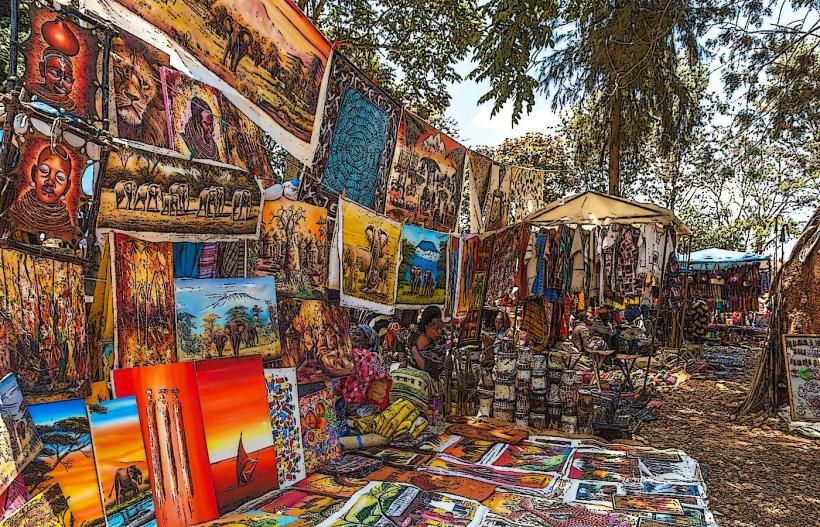Information
Landmark: Karen Blixen MuseumCity: Nairobi
Country: Kenya
Continent: Africa
Karen Blixen Museum, Nairobi, Kenya, Africa
The Karen Blixen Museum is a historic and culturally significant site located in the Karen suburb of Nairobi, Kenya, at the foot of the Ngong Hills. The museum occupies the former home of Karen Blixen, the Danish author best known for her memoir Out of Africa, which recounts her life on a Kenyan coffee plantation during the early 20th century. The museum offers a unique glimpse into Kenya’s colonial past, literary heritage, and the life of one of the most iconic women of her era.
Historical Background
Karen Blixen, also known by her pen name Isak Dinesen, lived in the house from 1917 to 1931, during which time she managed a coffee farm with her husband, Baron Bror von Blixen-Finecke.
After their separation, she continued to live on the estate until financial difficulties and a series of personal tragedies-including a failed harvest and the death of her lover Denys Finch Hatton-forced her return to Denmark in 1931.
Her book Out of Africa (1937), which chronicles her life in Kenya, became internationally acclaimed and was later adapted into the 1985 Oscar-winning film starring Meryl Streep and Robert Redford.
The Museum Today
The house was purchased by the Danish government and gifted to Kenya upon its independence in 1963. It was opened to the public as a museum in 1986, shortly after the success of the Out of Africa film brought renewed global interest in Blixen’s life and legacy.
The museum grounds include the main house, outbuildings, and gardens, all set against the scenic backdrop of the Ngong Hills, which feature prominently in Blixen’s writings.
Key Features and Exhibits
Main House
The house is preserved and furnished with many of Blixen’s original belongings, including furniture, kitchenware, books, and hunting trophies.
Some rooms feature period-appropriate items donated or sourced to recreate the colonial lifestyle of the 1920s.
Visitors can explore her study, living room, and bedroom, as well as a small exhibition room containing photographs, manuscripts, and personal letters.
Gardens and Grounds
The beautifully maintained gardens are open for exploration and picnicking. They feature indigenous plants, coffee bushes, and shaded paths that reflect the tranquility of the estate during Blixen’s time.
From the grounds, visitors can see the distant silhouette of the Ngong Hills, described evocatively in Blixen’s memoir: “I had a farm in Africa, at the foot of the Ngong Hills.”
Guided Tours
Knowledgeable local guides provide tours of the house and estate, sharing stories about Blixen’s life, her relationships, her farm struggles, and the cultural and political dynamics of colonial Kenya.
Visitors also learn about the making of the Out of Africa film, with some of the props and costumes used in the movie on display.
Visiting Information
Location: Karen Road, about 15 km southwest of Nairobi’s city center.
Opening Hours: Daily from 9:30 AM to 6:00 PM, including weekends and public holidays.
Entry Fees: Reasonably priced with different rates for Kenyan residents, East African citizens, and international tourists.
Accessibility: The museum is accessible by car, taxi, or as part of guided city tours that often include other nearby attractions like the Giraffe Centre and Nairobi National Park.
Nearby Attractions
Giraffe Centre: A few minutes’ drive away, perfect for combining wildlife and cultural heritage in one trip.
Kazuri Beads Women’s Cooperative: A local workshop and shop where handcrafted ceramics and jewelry are made by local women-ideal for cultural souvenirs.
Nairobi National Park: Not far from Karen, visitors can enjoy a game drive in this unique urban wildlife reserve.
Significance and Legacy
The Karen suburb of Nairobi is named after Karen Blixen, reflecting the enduring impact she left on the area and Kenyan history.
The museum preserves a piece of Kenya’s colonial past while honoring a woman whose writing introduced many readers around the world to the landscapes and people of East Africa.
It serves as a literary, historical, and cultural landmark, offering insight into both the personal story of Karen Blixen and the broader context of early 20th-century Kenya.
Conclusion
The Karen Blixen Museum is a serene and enriching destination that blends literature, history, and natural beauty. For fans of Out of Africa, lovers of colonial history, or those simply seeking a quiet cultural retreat near Nairobi, the museum offers an authentic and reflective experience rooted in one woman’s extraordinary journey in Africa.

